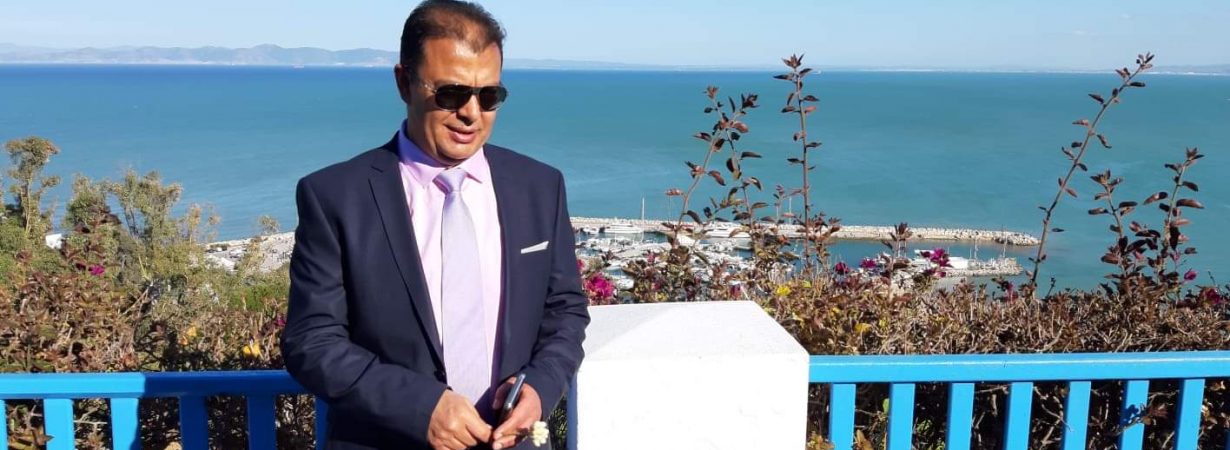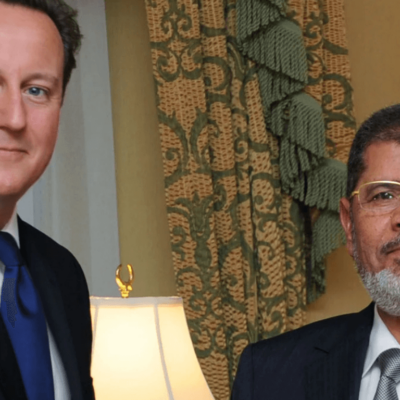EXCLUSIVE: Tunisia and the end of religion’s merchants, opinion by Hassen Bali

Does the date of July 25, 2021, mark the end of political Islam in Tunisia? Suppose we cannot yet give a definitive answer to this question. In that case, the great demonstrations of the Tunisian people in the country’s main cities show at least the fed up of the population in front of the current inefficient and corrupt political system. Hassen Bali, economic expert and founder of the Tunisian newspaper “L’observatoire Economique,” asks, pointing out that political Islam is indeed at the forefront of such intense criticism.
A political bankruptcy and people betrayed
Ennahdha proclaimed loud and clear that new political practices would quickly be put in place to end the old system when it came to power. Relying on the support of Turkey and Qatar, countries currently ruled by political Islam, Ennahdha wanted to build a geopolitical axis with these two countries to prove to the world that political Islam can rule successfully. However, a few years after they arrive in power, the reality is quite different. Hassen Bali calls them “merchants of religion” as they put their interest before Tunisia to remain in force: favoritism, corruption, and nepotism are more present than ever. As a result, many Tunisians feel betrayed, and the Tunisian experience is another illustration of the bankruptcy of credibility for political Islam.
Total economic bankruptcy
For the Tunisian expert, economically, political Islam is also a total failure, with promises yet to be kept. Nevertheless, many Tunisians have trusted this ideology, hoping for a bright future with sustainable economic growth and full employment. Indeed, the financial situation of Tunisia is deteriorating from year to year. With galloping price inflation and a high level of unemployment, the governance of political Islam has dragged our country into a crisis of which it does not. I can’t get out. The symbol of this crisis is the Tunisian youth, who today find themselves lost, without landmarks, because they are deprived of lasting job prospects, multiplying odd jobs, or seeking to emigrate, following the exponential growth of employment. Fictitious within the State. This crisis is, above all, a profound economic crisis, where indebtedness and its harmful impacts are draining household wallets with a constant collapse in purchasing power.
Game Over?
Hassan Bali believes that, like other countries ruled by political Islam, Tunisia once again shows the failure of these merchants of religion to lead a nation. Will Ennahada be able to recover? Between broken political promises, a feeling of betrayal by the population, and disastrous economic results, it is unlikely that political Islam in Tunisia will regain the people’s confidence anytime soon. Then we will know in a few months whether July 25, 2021, marked the end of political Islam in Tunisia.




